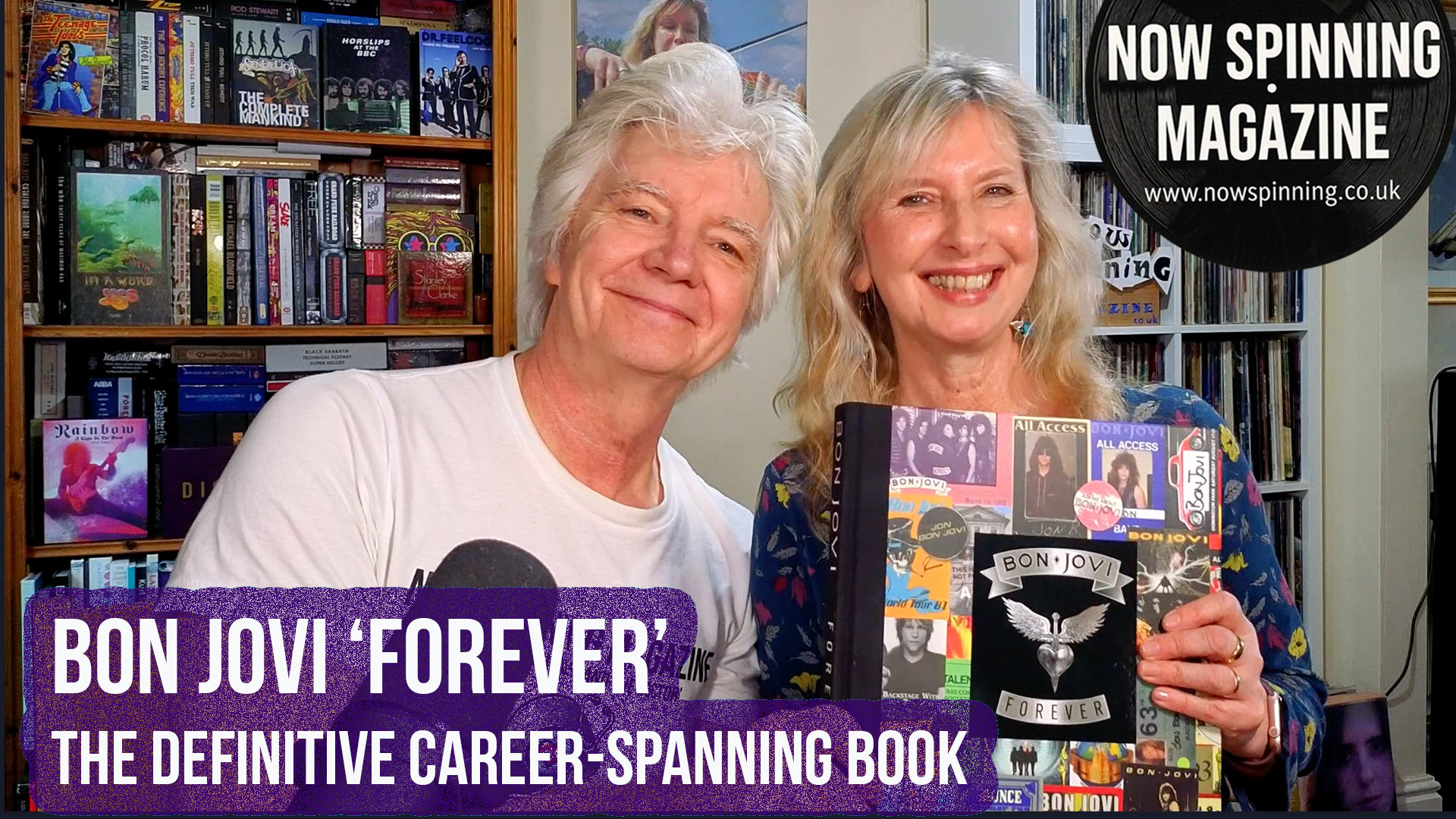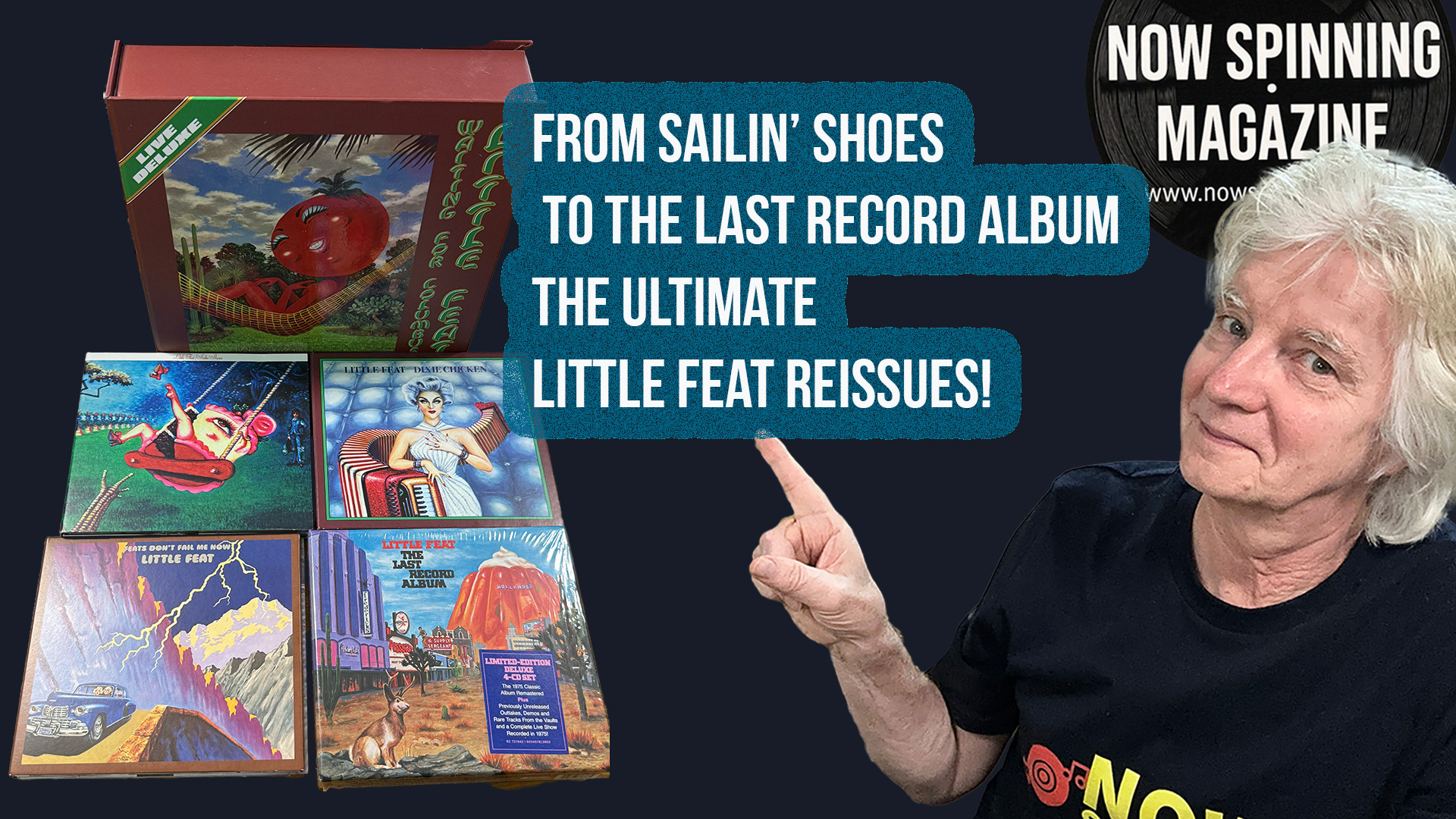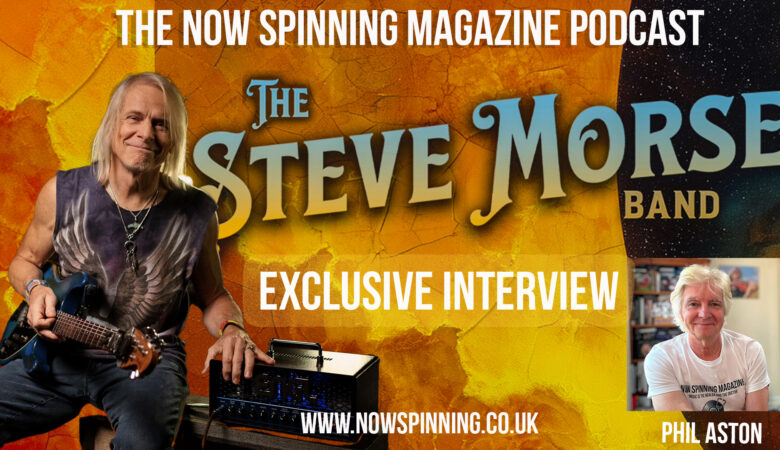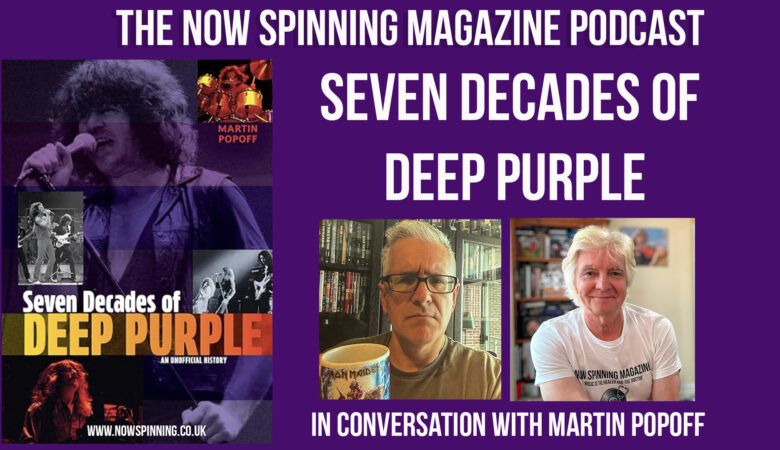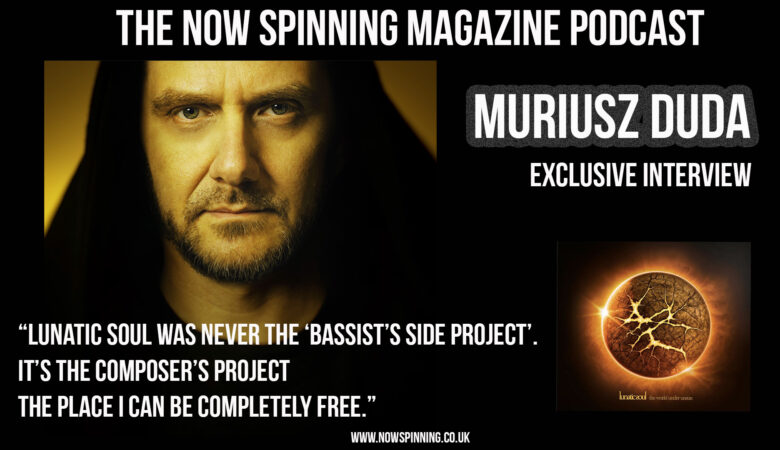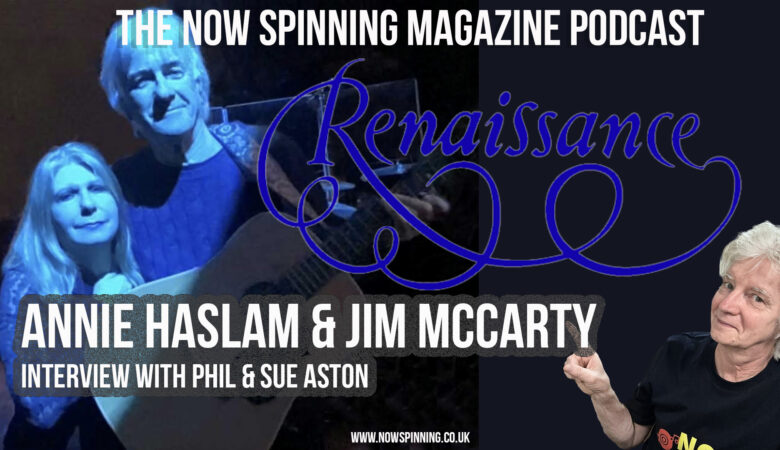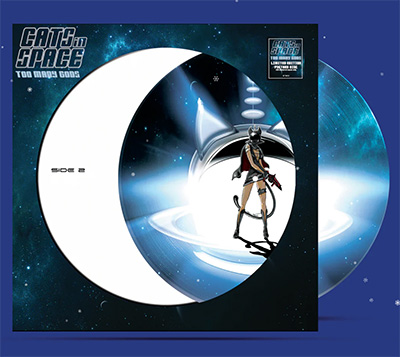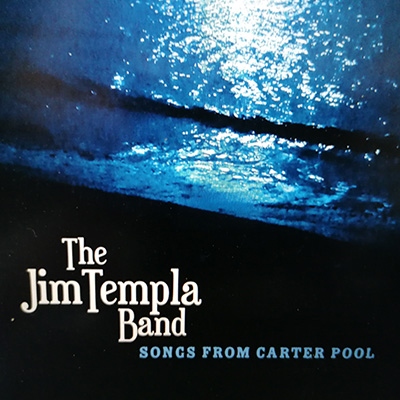Richard Digby Smith Interview on Free, Led Zeppelin, Sparks, Black Sabbath Deep Purple
Hello and welcome to the Now Spinning Magazine podcast with me, Phil Aston. On this episode, I’m delighted to welcome one of the true unsung heroes of classic rock—engineer and producer Richard Digby Smith. His career spans decades from the golden age of the early ’70s at Island Records’s studios (with bands like Free, Traffic and Bob Marley) right through to his recent work with Black Sabbath and Deep Purple’s milestone anniversary editions.
A Journey from Birmingham to Basing Street
Richard’s story begins in Birmingham, and at age nineteen he moved to London to chase a career in recording, eventually becoming a staff engineer at Island Studios.
He recalls how he spent days walking London with a list of 38 studios just to find his entry point.
Working at Island in the early 1970s meant you were in the thick of creativity, experimentation and rapid musical change. Richard reflects on how, despite the youthful age of many of the engineers and artists, the work ethic, enthusiasm and mutual respect kept things grounded.
Capturing Icons: Free, Paul Kossoff & the Studio Moments
One of the key threads of our conversation centred on the legendary band Free, and in particular guitarist Paul Kossoff. Richard described how Kossoff would wait until the rest of the band had laid down their parts, then work his lead guitar into the mix—giving himself space to weave around vocals, keyboards and the rhythm section. The result: solos that feel alive with emotion.
A standout anecdote was from the recording of “Come Together in the Morning” (from Free’s Heartbreaker) where a seemingly accidental click (from Kossoff’s shirt sleeve catching a pickup switch) was originally going to be edited out—but Richard chose instead to highlight it, adding reverb and turning it into a moment that adds character rather than detracts. That decision reveals a rare mindset: putting emotional truth ahead of technical “clean-up”.
From Multitrack Tape to Deluxe Box Sets
Fast-forward decades, and Richard is still working, but his world has shifted. His more recent projects involve remixing, remastering and reissuing classic albums — from Bad Company’s live archival material to the recent deluxe box of Black Sabbath’s Vol. 4. He explains how opening original multitrack tapes decades later is a mix of nostalgia, technical archaeology and creative restraint.
One of his key insights: the temptation in digital technology to fix everything must sometimes be resisted. He gives the example of the Deep Purple anniversary edition where management insisted: “warts and all” — keep the tuning issues, preserve the ambient bleed, the unexpected changes in sound. In a live context, especially, that kind of authenticity is what makes the experience real.
Engineering Philosophy: Then, Now & Forever
Some of the core take-aways from our chat with Richard:
The music you love from the ’70s is great despite many of the limitations of the time, not because of them. He firmly states he “loves digital” for the control, the clarity, the flexibility.
A big part of his job is about listening to people, making them feel safe, letting them perform at their best. As he says: show them you care as much as they do, and the rest becomes easier.
Imperfection is part of character. A squeaky bass-drum pedal on a seminal track like Since I’ve Been Loving You (Led Zeppelin) is not a flaw to erase: it places you in the room.
For younger engineers today, the challenge is not just what you record or how, but why. A record that lives beyond its time is one that has heart.
If you’re a fan of classic rock, or care about how the albums you love were made, Richard’s insight is gold. He stands at the intersection of the analogue golden-era of rock, and the modern era of remix/reissue and archival treatment. He’s one of the few engineers still active who can bridge those worlds—who was there and is still shaping how we hear those recordings today.
I want to thank Richard for his time, his stories, and his heart. His work has helped shape the soundtrack to so many of our lives. To everyone reading: whether you’re spinning the vinyl, listening to the CD, or diving into a super-deluxe box set—remember there’s a human behind that console, making decisions that carry weight beyond technical ones.
Please head to Richard’s site: TQ1 Music for more on his current work, mixing, mastering and production.
website
And of course: go pick up his book: One, Two, Three, Four: The Life and Times of a Recording Studio Engineer. It’s a deep dive into the everyday and extraordinary of studio life
Phil Aston | Now Spinning Magazine


